The Victorian Bulldog is a strong, loving breed. It is known for its loyalty and gentle nature. This breed originated in the 19th century. It aimed to recreate a healthier version of the English Bulldog. It has a muscular build and a loving disposition. The Bulldog is less prone to health issues than its ancestors. This is due to careful breeding practices. It is great with families, protective, and thrives on companionship. Its unique mix of power and affection makes it stand out among bulldogs. It’s a perfect choice for those wanting a strong, loyal companion.
History of the Victorian Bulldog
The Victorian Bulldog has an intriguing history rooted in the evolution of bulldog breeds. Bulldogs were originally bred for bull-baiting, a violent sport in 18th-century England. These early bulldogs were muscular, strong, and aggressive to endure such brutal events. However, when bull-baiting was banned in 1835, bulldogs were no longer needed for fighting. Their role shifted to companionship. Breeders began to change the bulldog’s appearance over time. They wanted shorter snouts and stockier builds. Unfortunately, this caused many health problems.
In the late 20th century, Ken Mollett, a British breeder, took on the challenge of restoring the bulldog to its former glory. Mollett was worried about the health of modern bulldogs. Their features are exaggerated. So, he aimed to create a healthier, more athletic version of the breed. He carefully chose bulldogs with a traditional look. He avoided extreme traits but kept the breed’s strength and loyalty. His efforts gave rise to the Bulldog, a breed that resembles the original bulldogs from the Victorian era, hence its name.
Mollett’s Bulldog is now admired. It is both powerful and suitable for families. It is a healthier alternative to other bulldog breeds. It retains the breed’s muscular build and affectionate nature.
Physical Characteristics of the Victorian Bulldog

Build and Size
The Victorian Bulldog has a muscular, stocky build. It looks strong and athletic. This breed has a powerful presence. It has broad shoulders, a wide chest, and a large, square head. The Victorian Bulldog has a more balanced physique than the English Bulldog. It avoids the exaggerated features of other bulldog varieties. Its short snout is distinctive but not overly compressed, which helps with breathing. Males typically weigh 65 to 75 pounds. Females range from 55 to 65 pounds. This makes them a sturdy, robust breed.
Coat and Grooming
The Victorian Bulldog has a short, smooth coat that is easy to care for. Their fur comes in various colors, including white, brindle, fawn, and piebald, offering a range of striking patterns. Grooming requirements are minimal due to the breed’s short coat, but regular brushing helps maintain its health and shine. While they are not heavy shedders, moderate shedding occurs, particularly during seasonal changes. Routine brushing will help manage the shedding and keep their coat looking clean and healthy. Despite their tough look, the Victorian Bulldog’s coat is sensitive. So, avoid harsh grooming products.
Health and Maintenance
Besides grooming, it’s vital to maintain the Victorian Bulldog’s health. Their more balanced structure leads to fewer respiratory issues than other bulldogs. However, they can still be prone to joint problems, such as hip dysplasia, due to their muscular build. Regular exercise is essential to keep them fit, but it should be moderate to avoid strain on their joints. A healthy diet is also crucial to prevent obesity, which can exacerbate joint issues. Routine vet check-ups and a balanced lifestyle keep the Bulldog active and healthy.
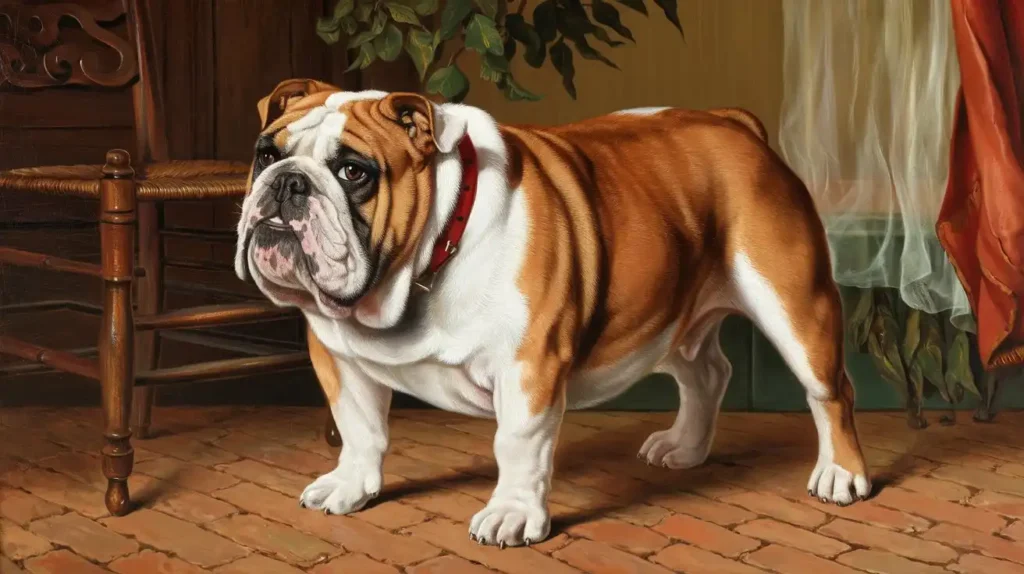
Temperament and Personality Traits
Loyalty and Protection
The Victorian Bulldog earns renown for its unwavering loyalty and protective instincts. These dogs form deep bonds with their families, always keeping a watchful eye on their loved ones. Despite their tough, muscular appearance, they are gentle and affectionate, particularly with children. Their protective nature makes them excellent guardians, but they balance this with a playful and loving demeanor. Bulldogs thrive on close interaction with their owners. So, they make ideal family companions.
Playfulness and Companionship
Victorian Bulldogs can be stubborn. But, they want to please their owners. So, they usually do. They enjoy spending quality time with their families and thrive on companionship. Playful and good-natured, they are gentle with children. So, they are great for homes with young ones. However, this breed does not do well when left alone for extended periods. They crave interaction and attention, and long hours of isolation can lead to boredom or anxiety. Victorian Bulldogs are happiest with their family. They are a loyal, loving breed that brings joy and security to their home.
Victorian Bulldog vs. Other Bulldog Breeds
Victorian Bulldog vs. English Bulldog

The Victorian Bulldog differs from the English Bulldog in several ways, especially in its build. While the English Bulldog is known for its stocky, compact build, the bulldog has a leaner, more athletic frame. This added muscle and stamina make the Bulldog more agile and capable of more strenuous activity. Another key difference is their facial structure. Bulldogs have a less squished snout. This reduces the risk of respiratory issues that are common in English Bulldogs. This makes the Bulldog a healthier and more versatile breed for active families.
Victorian Bulldog vs. French Bulldog

In comparison to the French Bulldog, the Victorian Bulldog is significantly larger and more robust. Both breeds are affectionate and loyal. The Victorian Bulldog’s strength and size make it better for families wanting a guard dog or a more active pet. French Bulldogs are smaller and more delicate. They are better for apartments or quieter homes. The Bulldog’s greater stamina suits active families. The French Bulldog, a smaller, low-maintenance pet, appeals to others.
Temperament Differences
Both the Victorian Bulldog and other bulldogs, like the English and French, are loyal and affectionate. The Victorian Bulldog is more active and protective than the English Bulldog. The latter prefers a more sedentary, laid-back lifestyle. The French Bulldog is playful and charming. But, it lacks the Victorian Bulldog’s guarding instincts. All bulldog breeds are excellent companions. But the Victorian Bulldog is the best for families. Its loyalty, protectiveness, and energy make it a great, active pet.
Health and Lifespan of the Victorian Bulldog
Common Health Issues
The Victorian Bulldog is usually healthier than other bulldogs. Selective breeding has reduced common health issues. Their longer snout helps avoid the respiratory issues that often affect English Bulldogs. Additionally, their more athletic build reduces the risk of obesity, a frequent concern in the bulldog family. But, they can still be prone to joint problems such as hip dysplasia. It’s important to provide them with moderate exercise and avoid activities that could strain their joints.
Lifespan and Care
With proper care, the Victorian Bulldog can live 10 to 12 years. That’s long for a bulldog breed. To ensure a healthy, happy life, provide regular vet check-ups, a balanced diet, and exercise. Regular vet visits can find health issues. Keeping a good weight reduces joint strain. Their health and long life make them a great option for a strong, loyal, low-maintenance bulldog.
Exercise and Activity Needs

Daily Exercise
The Victorian Bulldog is more energetic than other bulldog breeds. It needs regular exercise to stay healthy, both physically and mentally. A daily walk or a play session in the yard helps keep them fit and prevents boredom. They can also burn off energy. This promotes better behavior and well-being.
Playtime and Stimulation
While they enjoy daily walks, Victorian Bulldogs also love occasional bursts of high-energy play. Allowing them time in an open yard or park where they can run and explore is beneficial. These dogs thrive when given opportunities to engage their strong muscles and natural curiosity. Interactive toys and games can also provide mental stimulation.
Hot Weather Precautions
Though they are strong and athletic, Victorian Bulldogs are prone to overheating, especially in hot weather. It’s important to adjust summer exercise routines. Keep activities light and limit exposure to high temperatures. Always ensure they have access to fresh water, and try to exercise them in the early morning or evening when temperatures are cooler. Avoid strenuous activities during peak heat to prevent heat exhaustion and ensure their comfort and safety.
Feeding and Diet Requirements
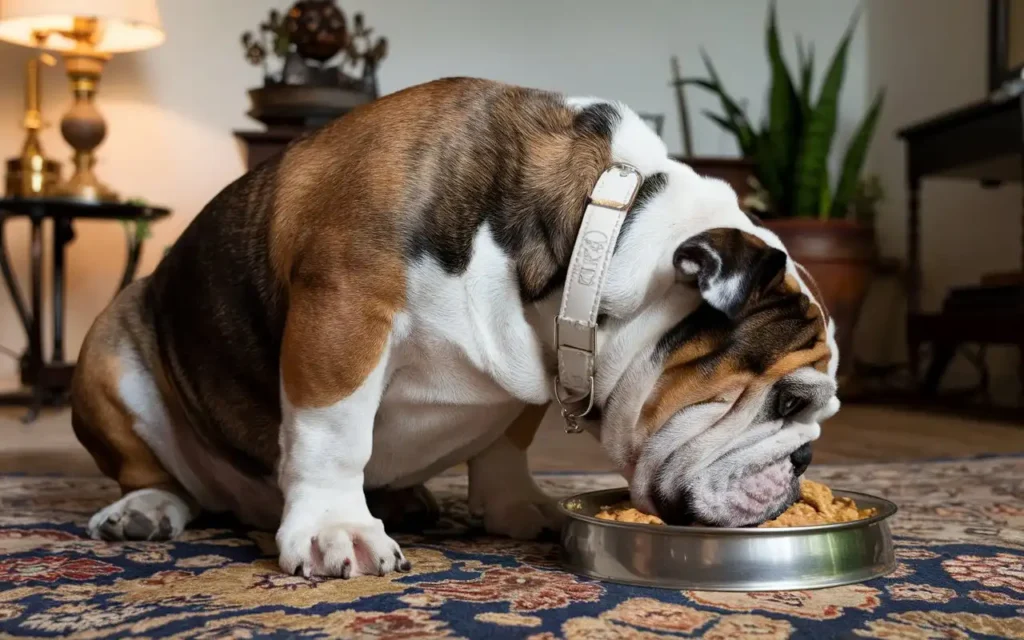
Nutritional Needs
A well-balanced diet is essential for maintaining the health and vitality of your Victorian Bulldog. As a stocky breed, they require a diet high in protein to support their muscular build and energy levels. Choose high-quality dog food for medium to large breeds. It will have the nutrients to keep them in peak condition. However, avoid overfeeding. Victorian Bulldogs tend to gain weight. This can cause joint and mobility issues over time.
Supplementation and Consultation
Along with high-quality kibble, consider adding raw meats, veggies, and healthy fats to your dog’s diet. These additions can provide vital vitamins and minerals. They will also keep your pet’s meals interesting. Always introduce new foods gradually to avoid digestive issues.
It’s best to consult your vet. They can create a feeding plan for your Victorian Bulldog. It should meet their specific needs, based on age, activity, and health. Regular vet visits can help adjust their diet as needed. This ensures they stay healthy throughout their life. Proper nutrition is key to supporting their well-being and longevity.
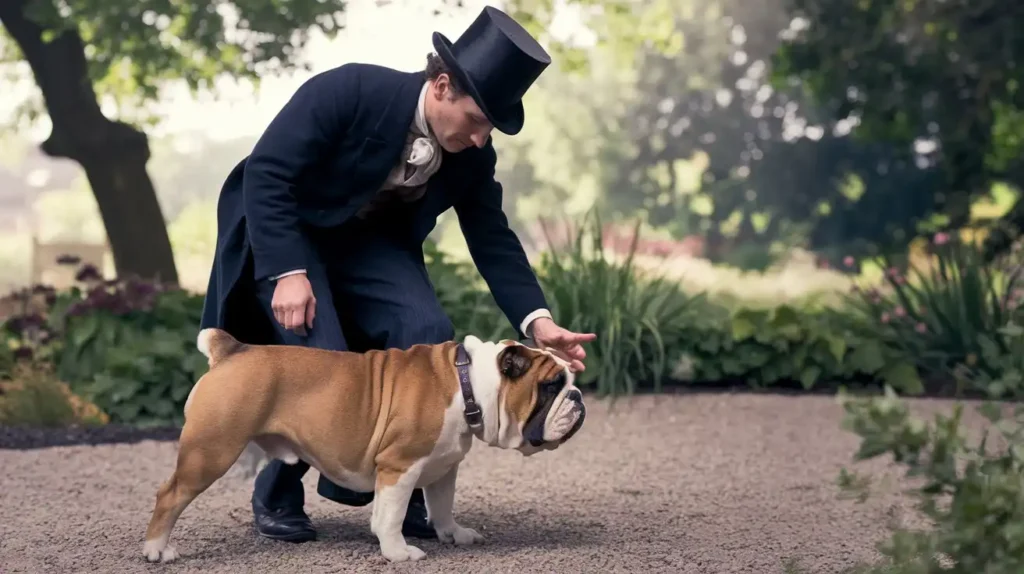
Training Your Victorian Bulldog
Early Training and Positive Reinforcement
Training a Victorian Bulldog can be a rewarding experience, but it also comes with challenges due to their stubborn streak. Starting training early is crucial for instilling good habits and teaching basic commands. Use positive reinforcement. These dogs do well with praise, treats, and rewards. Consistency is key; establish clear rules and routines to help your Victorian Bulldog understand what is expected of them.
Importance of Socialization
Socialization is equally important in shaping a well-rounded Victorian Bulldog. To prevent behavioral issues, expose your dog to new places, people, and animals from a young age. They are generally friendly. But, early socialization is key. It helps them become well-adjusted, confident adults. It helps them learn proper behaviors and reduces anxiety in new places.
Ongoing Training and Mental Stimulation
Training shouldn’t stop after basic commands and socialization. Ongoing training is essential for keeping your Victorian Bulldog mentally stimulated and engaged. Add new tricks, agility exercises, and games to their routine. This will challenge their smarts and energy. Consider obedience classes or dog sports. They will build your bond and your dog’s skills. Regular mental and physical challenges will keep your Victorian Bulldog happy and well-behaved.

Victorian Bulldog and Family Life
Great Companions for Children
The Victorian Bulldog is perfect for families. It is patient and gentle with kids. They are known to be playful yet careful, making them suitable playmates for younger kids. Their protective instincts make them excellent watchdogs. They will watch over the family without being too aggressive. Their playful yet watchful nature makes them a comforting presence in any home.
Compatibility with Other Pets
Victorian Bulldogs typically get along well with other pets, especially when properly introduced. Their friendly nature lets them live peacefully with dogs, cats, and other pets. Early socialization can help. It can ease introductions. It will ensure harmony among all family members, both humans and pets.
Inclusion in Family Activities
Victorian Bulldogs thrive when families include them in activities. Their loyal, affectionate nature means they love daily life. They enjoy lounging on the couch, playing, and going for walks. They are eager to please and love their families. So, they are not just pets but cherished family members. This strong bond enhances the family experience, creating lasting memories together.
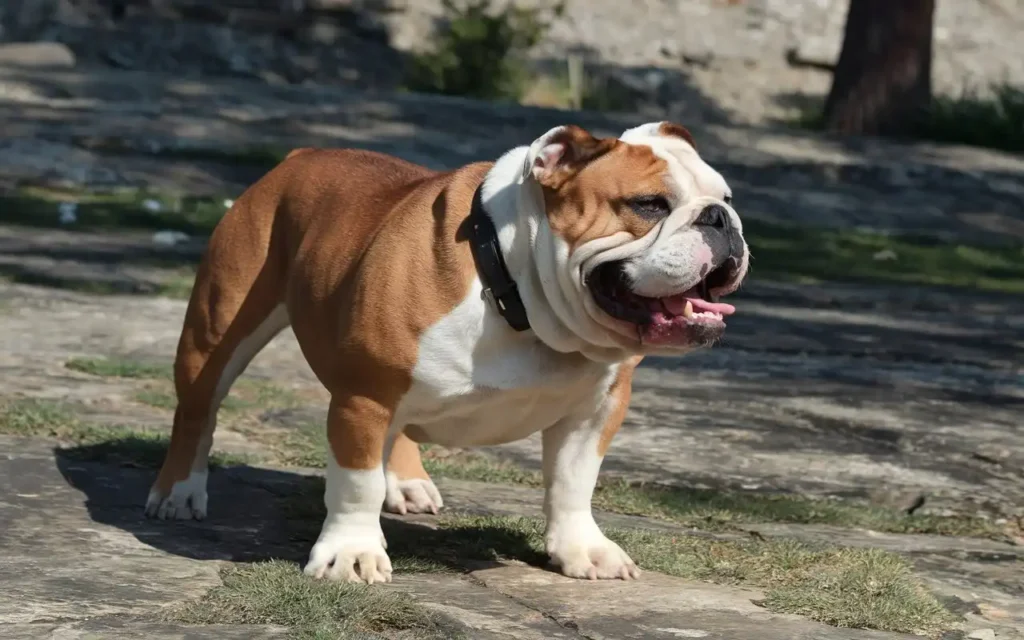
Victorian Bulldogs as Guard Dogs
Protective Instincts
Victorian Bulldogs aren’t aggressive by nature. But they are good guard dogs. Their protective instincts make them reliable. They are naturally cautious around strangers and have a strong sense of loyalty to their families. Their protective nature makes them alert to any threats. This makes them excellent companions for home security.
Training for Guard Duties
Training Victorian Bulldogs for guarding is easy. They are smart and eager to please. They respond well to positive reinforcement. So, it is easy to instill good habits and behaviors. Dogs should have basic obedience training before guard training. This helps them learn commands that are essential for guarding.
Balancing Protection and Temperament
It’s important to harness their protective instincts. But we must avoid unnecessary aggression. So we need to find a balance. Training should teach them to tell real threats from harmless visitors. Do this by socializing and having positive experiences with new people and situations. Victorian Bulldogs can be both loyal companions and guard dogs. They should know when to be protective and when to be friendly.
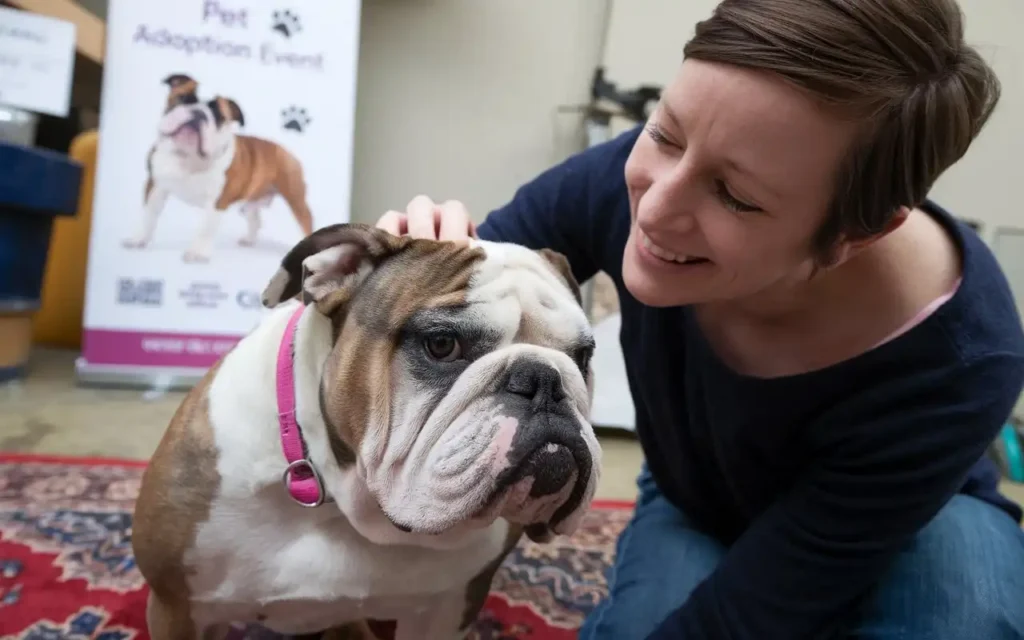
Adopting or Purchasing a Victorian Bulldog
Choosing a Reputable Breeder
If you decide to buy a Victorian Bulldog, it’s essential to find a reputable breeder. Choose breeders who value health and temperament more than looks. This will get you a healthy, well-adjusted dog. Ask about health clearances, the dog’s lineage, and any temperament testing they conduct. Avoid puppy mills, which often prioritize profit over the well-being of the animals. A responsible breeder will nurture and socialize their puppies. This helps them become well-rounded companions.
The Benefits of Adoption
Adopting a Victorian Bulldog from a rescue organization can be a rewarding experience. Many of these dogs end up in shelters due to owners who may not have understood the breed’s specific needs or the commitment required. Adoption gives these dogs a second chance at a loving home and allows you to make a positive impact on their lives. Rescues often have a variety of dogs looking for homes, and you may find an adult dog that perfectly fits your family’s lifestyle.
Preparing for a New Companion
Whether you adopt or buy, be ready for the duties of owning a Victorian Bulldog. Research the breed’s needs, including exercise, training, and health considerations. Ensure your home is ready for a new pet, and be committed to providing a loving, stable environment for your new companion. This dedication will help foster a strong bond and a fulfilling relationship with your Victorian Bulldog.
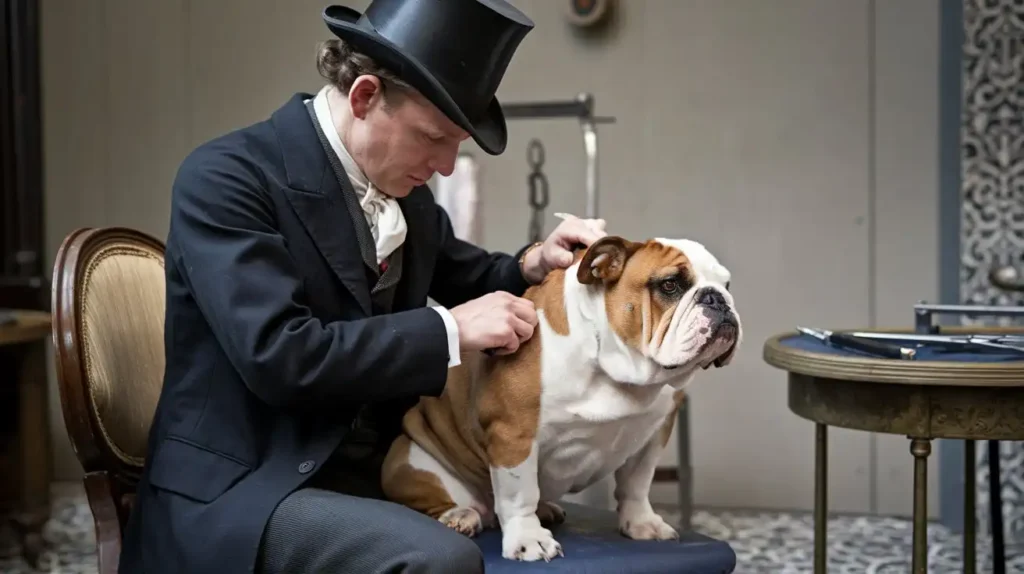
Grooming and Maintenance
Grooming a Victorian Bulldog is relatively straightforward due to their short coat. Brush them weekly, if possible. It will reduce shedding and keep its coat sleek and healthy. Bathing should be as needed. But, don’t overdo it. Frequent baths can strip their skin of natural oils and cause dryness.
Ear and Wrinkle Care
Besides brushing, check their ears and facial wrinkles for dirt. These areas can trap moisture, making them susceptible to infections. Lightly swab their ears with a damp fabric. Keep the skin folds around their face clean and dry to prevent irritation and infections.
Nail Trimming
Nail trimming is a key part of grooming. It must not be overlooked. Trimming their nails helps prevent overgrowth. It can cause discomfort and mobility issues. Aim to trim their nails every few weeks or as needed, depending on their activity level. A consistent grooming routine will keep your Victorian Bulldog healthy and looking their best. It will also keep them comfortable.

The Popularity of the Victorian Bulldog
Growing Appeal
The Victorian Bulldog is popular for its unique mix of strength, loyalty, and affection. These traits make them good companions for many homes, including families, singles, and seniors. Their gentle demeanor and playful spirit endear them to people of all ages, contributing to their rising status as a favored breed.
Social Media Presence
Victorian Bulldogs are popular on social media. Many dogs have their own fans there. Their charm and looks make them popular for posts and videos. They display their whimsical behaviors and affectionate character. This online presence has raised awareness of the breed. It has drawn in potential owners who may not have considered a bulldog before.
Healthier and Balanced Appearance
A key factor in the Victorian Bulldog’s popularity is its looks. It has a better, healthier build than other bulldog breeds. Their athletic build and good health appeal to buyers. They want a bulldog that is both a companion and low-maintenance. As awareness of this breed grows, more dog lovers want a Victorian Bulldog.
Conclusion
In summary, the Victorian Bulldog exemplifies the perfect blend of strength and loyalty. Their protective instincts and gentle, affectionate nature make them great companions. They are ideal for families and individuals. Their robust build adds to their appeal, providing both a sense of security and a playful spirit. The Victorian Bulldog is a great choice. It can be a loyal guard dog or a playful family pet. Their loving, adaptable nature enriches the lives of their adoptive families.


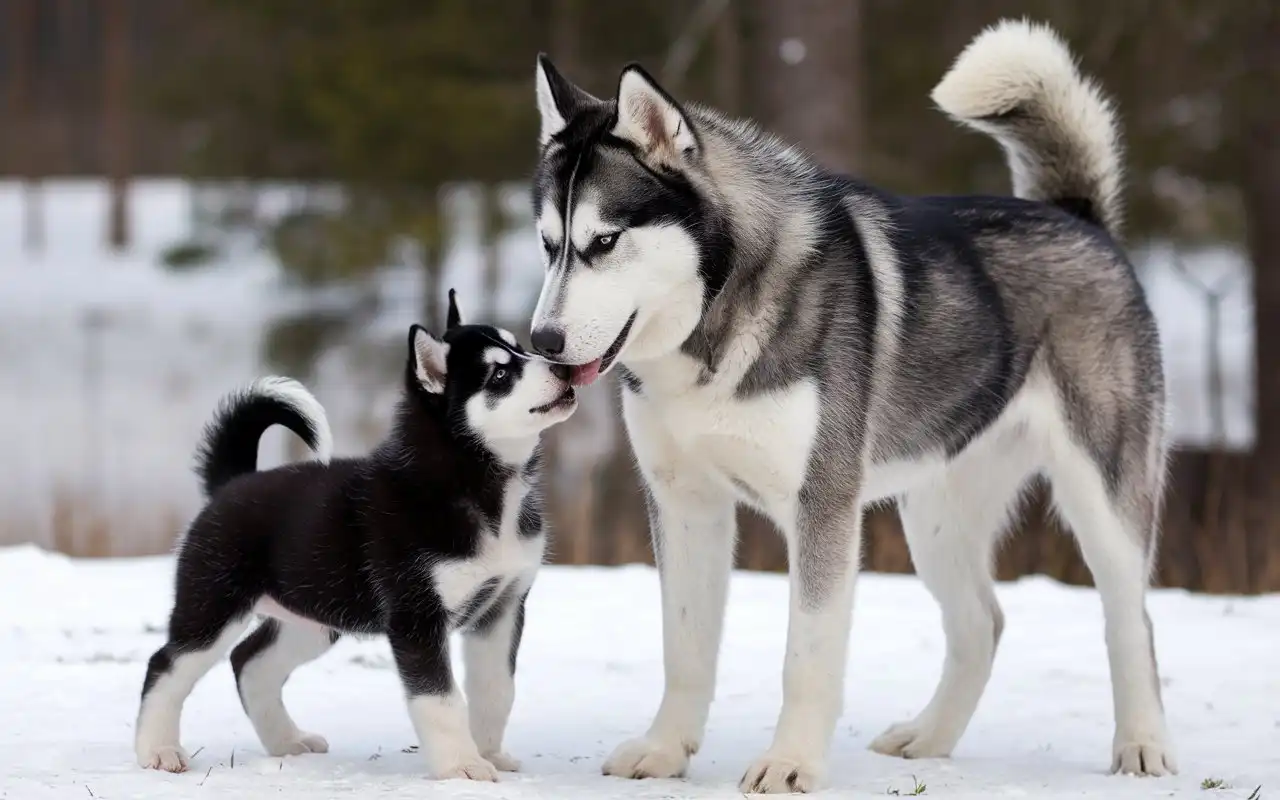

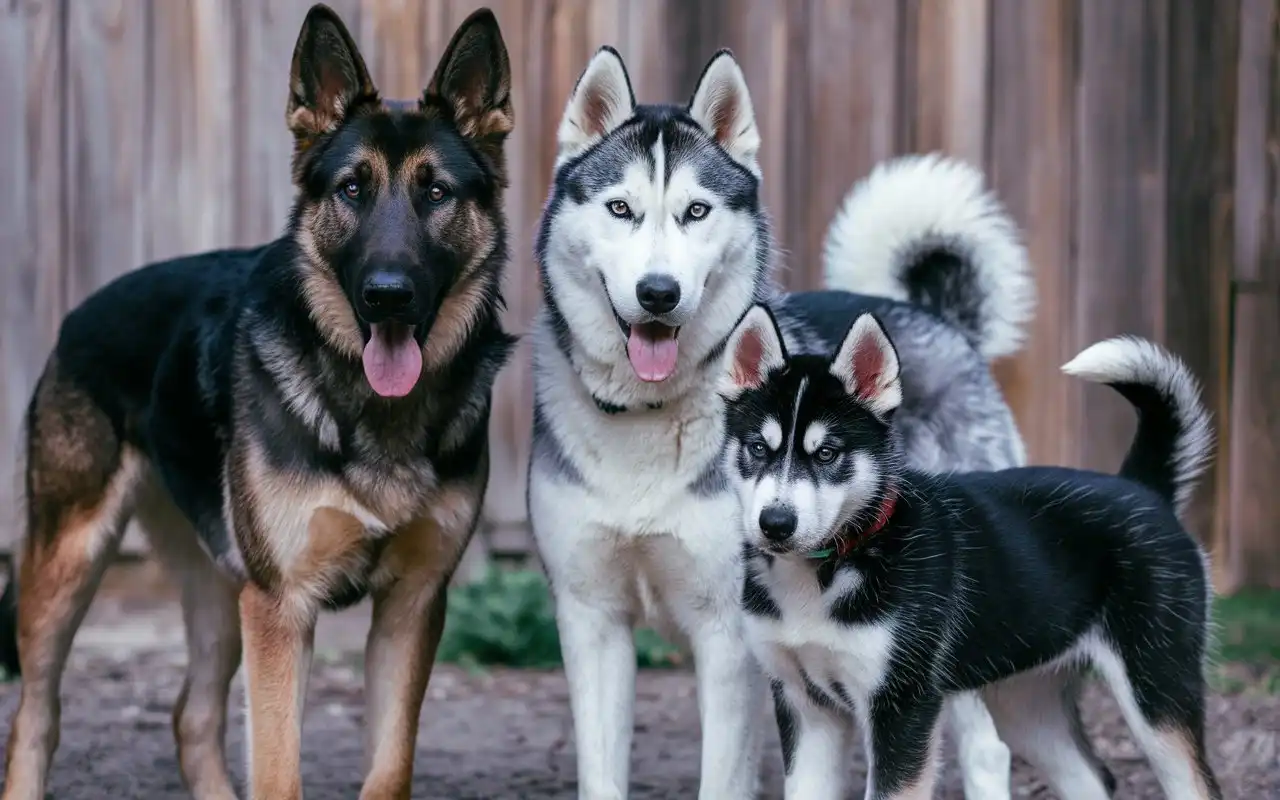
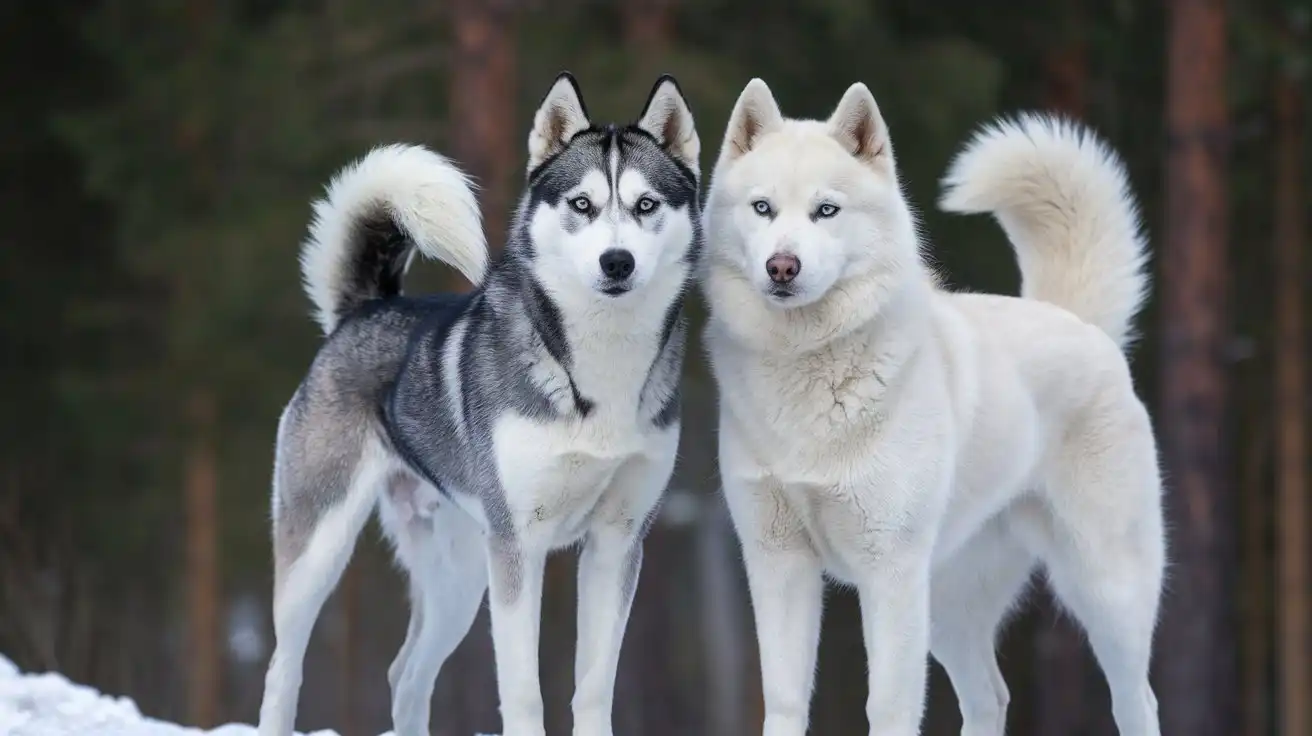
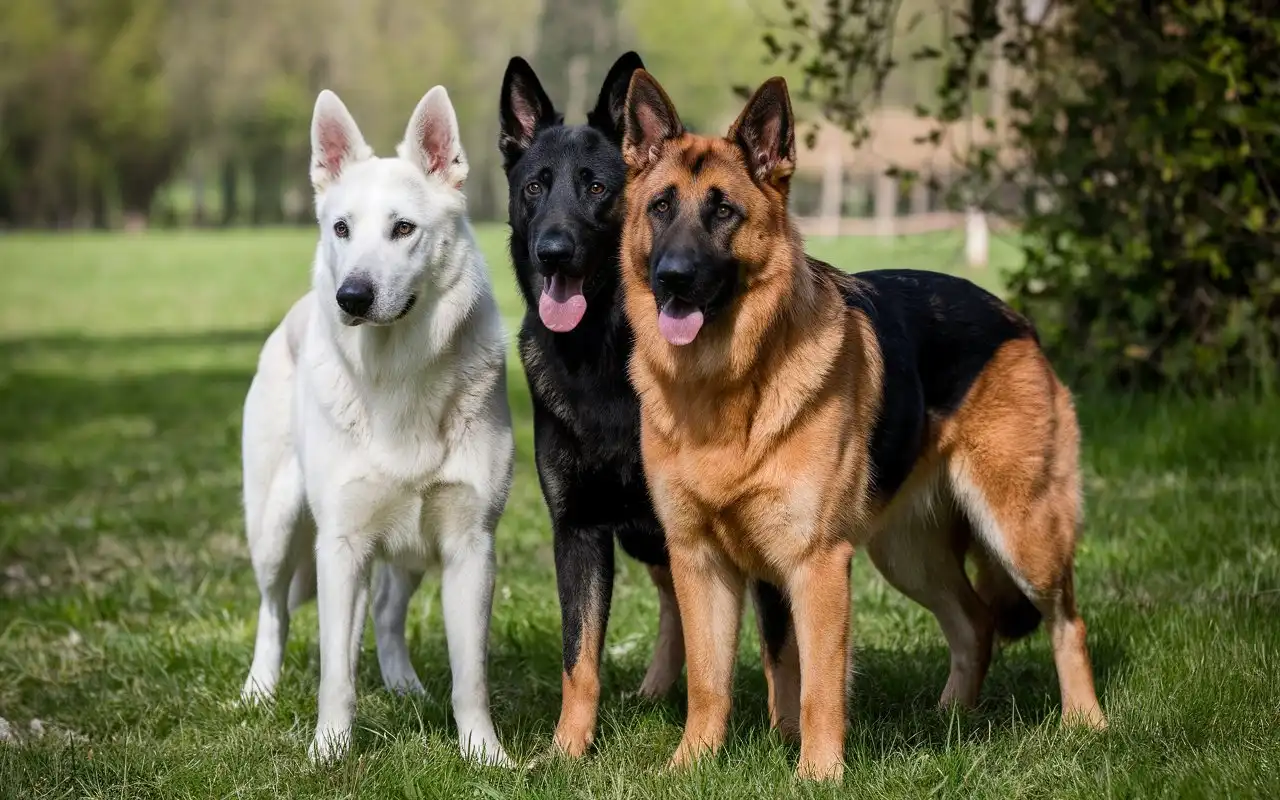
Pingback: Lifespan of a French Bulldog: 10+ Tips for a Healthy Life